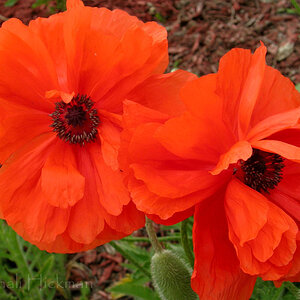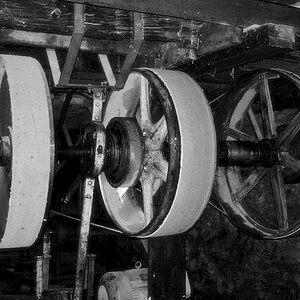Jedo_03
TPF Noob!
- Joined
- Mar 30, 2008
- Messages
- 328
- Reaction score
- 0
- Can others edit my Photos
- Photos OK to edit
I just had a peek at some B&W images on another forum (thank God, not TPF!) and thought/wondered "do people convert their colour images to B&W because the colour images are blown/clipped/colour-cast/flat/under-over exposed...etc?
I just get the sneaking suspicion that 'some' people (on other forums) convert their colour images to B&W because the conversion "hides" the imperfections.
Like - some/a great many of the white dresses/clothing of the models in the B&W images was most definitely 255, 255, 255... Just white blobs.
Most of the comments I saw were "Great Conversion... Good Tones... You got a great balance...", when clearly, these were poor images...
One poster said that she 'preferred B&W' because it 'didn't show all of the imperfections of colour photographs'..!!
So...
Do you think that people convert their images to B&W to 'disguise' the problems of their colour images..?
I will be contentious - I think that they Do....
Jedo
I just get the sneaking suspicion that 'some' people (on other forums) convert their colour images to B&W because the conversion "hides" the imperfections.
Like - some/a great many of the white dresses/clothing of the models in the B&W images was most definitely 255, 255, 255... Just white blobs.
Most of the comments I saw were "Great Conversion... Good Tones... You got a great balance...", when clearly, these were poor images...
One poster said that she 'preferred B&W' because it 'didn't show all of the imperfections of colour photographs'..!!
So...
Do you think that people convert their images to B&W to 'disguise' the problems of their colour images..?
I will be contentious - I think that they Do....
Jedo


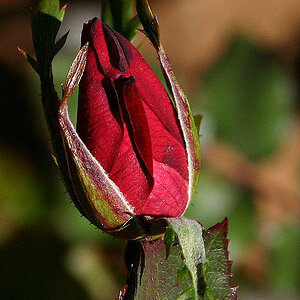
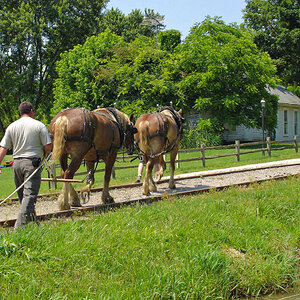
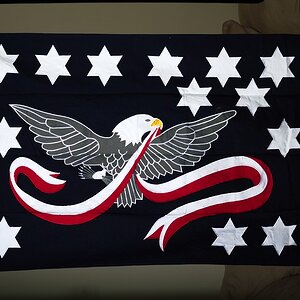
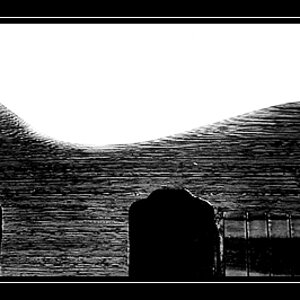
![[No title]](/data/xfmg/thumbnail/37/37606-3c9ffb5906173fa2aa489341967e1468.jpg?1619738148)
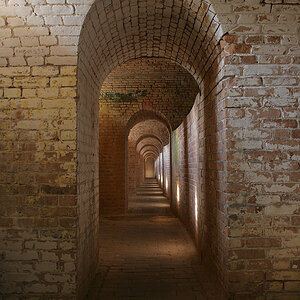
![[No title]](/data/xfmg/thumbnail/37/37602-1ef8dbb1c2d0e4ff347ee65d328c3603.jpg?1619738147)

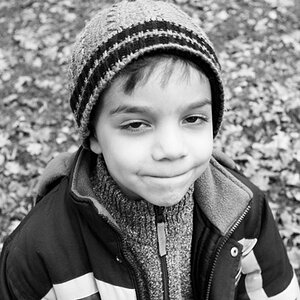
![[No title]](/data/xfmg/thumbnail/32/32704-68982e06c91b163f96186a4eb21d742f.jpg?1619735607)
